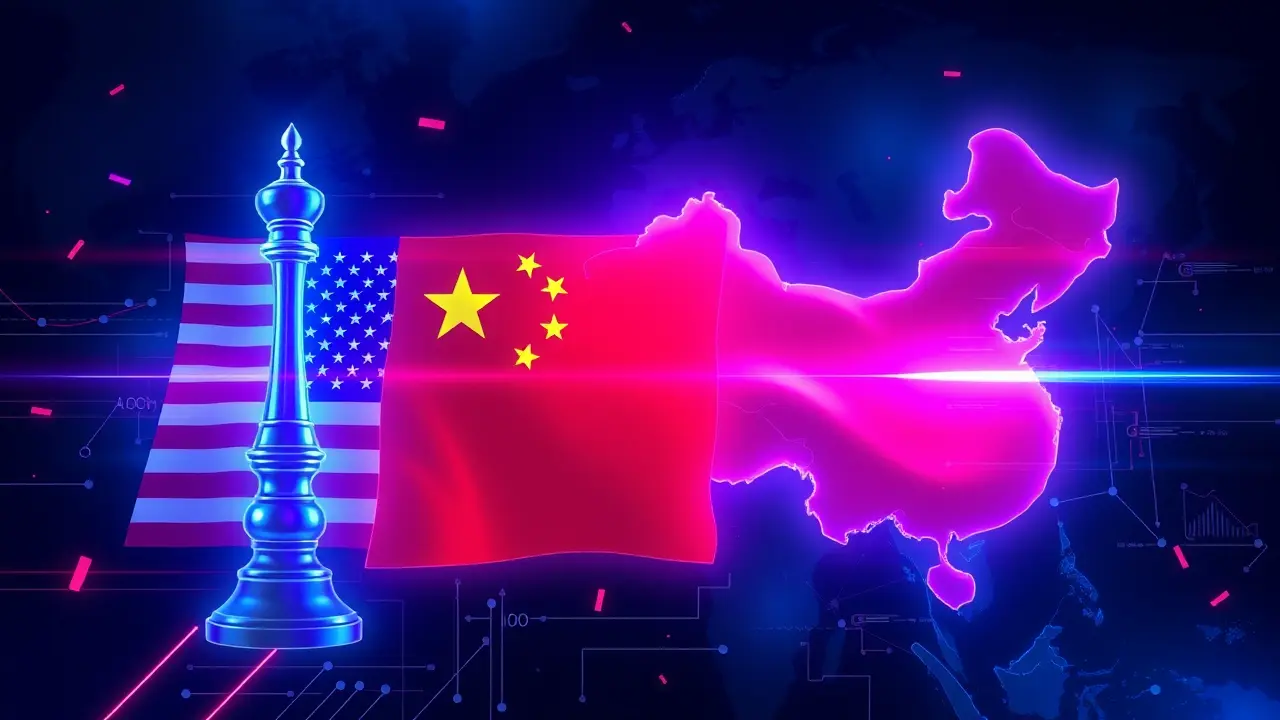China Responds to Trump Tariff Threat, Vows Not to Fear Trade War
In a statement that resonated with the gravity of a diplomatic communiqué from a bygone era, the Chinese Commerce Ministry declared, “China’s stance is consistent. We do not want a tariff war but we are not afraid of one,” a response as measured and deliberate as a chess move in a grandmaster’s match, directly countering the latest tariff threats from former President Donald Trump.This is not the first time the global economic order has been shaken by such brinksmanship; one need only look back to the Smoot-Hawley Tariff Act of 1930, a piece of protectionist legislation whose historical shadow looms large over any modern trade dispute, to understand the profound risks of escalating economic conflict. The current tension harks back to the tumultuous trade war of 2018-2020, a period that saw tit-for-tat levies on hundreds of billions of dollars worth of goods, from American soybeans to Chinese electronics, creating seismic shifts in global supply chains and forcing multinational corporations to fundamentally rethink their manufacturing and procurement strategies, a costly and complex realignment whose effects are still being felt today.Analysts from institutions like the Peterson Institute for International Economics warn that a renewed, full-scale trade conflict could shave significant percentage points off global GDP growth, potentially plunging a world economy already fragile from post-pandemic inflation and geopolitical instability into a pronounced recession. The Chinese response, while outwardly stoic, is deeply calculated, reflecting a long-term strategic doctrine that prioritizes economic sovereignty and technological self-sufficiency, as evidenced by its massive investments in domestic semiconductor production and its push for a digital yuan to challenge the dollar's hegemony.From Washington’s perspective, the threats are framed as a necessary corrective to decades of perceived unfair trade practices and intellectual property theft, a narrative that plays powerfully to a certain domestic political base but is viewed with deep skepticism by traditional allies in Europe and Asia who fear collateral damage. The European Union, for instance, finds itself once again in the uncomfortable position of a bystander who may be forced to choose sides, potentially disrupting its own carefully balanced trade relationships with both economic superpowers.For global markets, the announcement injects a fresh wave of volatility, with commodities traders nervously watching the price of key industrial metals and agricultural futures, while corporate boardrooms from Stuttgart to Seoul are reactivating contingency plans they had hoped were shelved for good. The stakes extend far beyond mere tariffs; this is a fundamental struggle over the rules-based international order, a test of whether economic interdependence can prevent conflict or whether great power competition will inevitably lead to a new, fragmented global system of competing blocs. The calm, almost Churchillian resolve in Beijing’s statement—a refusal to show fear—masks a nation prepared for a protracted economic struggle, one that will define not just the price of goods on shelves but the very architecture of 21st-century geopolitics.
It’s quiet here...Start the conversation by leaving the first comment.
© 2025 Outpoll Service LTD. All rights reserved.
